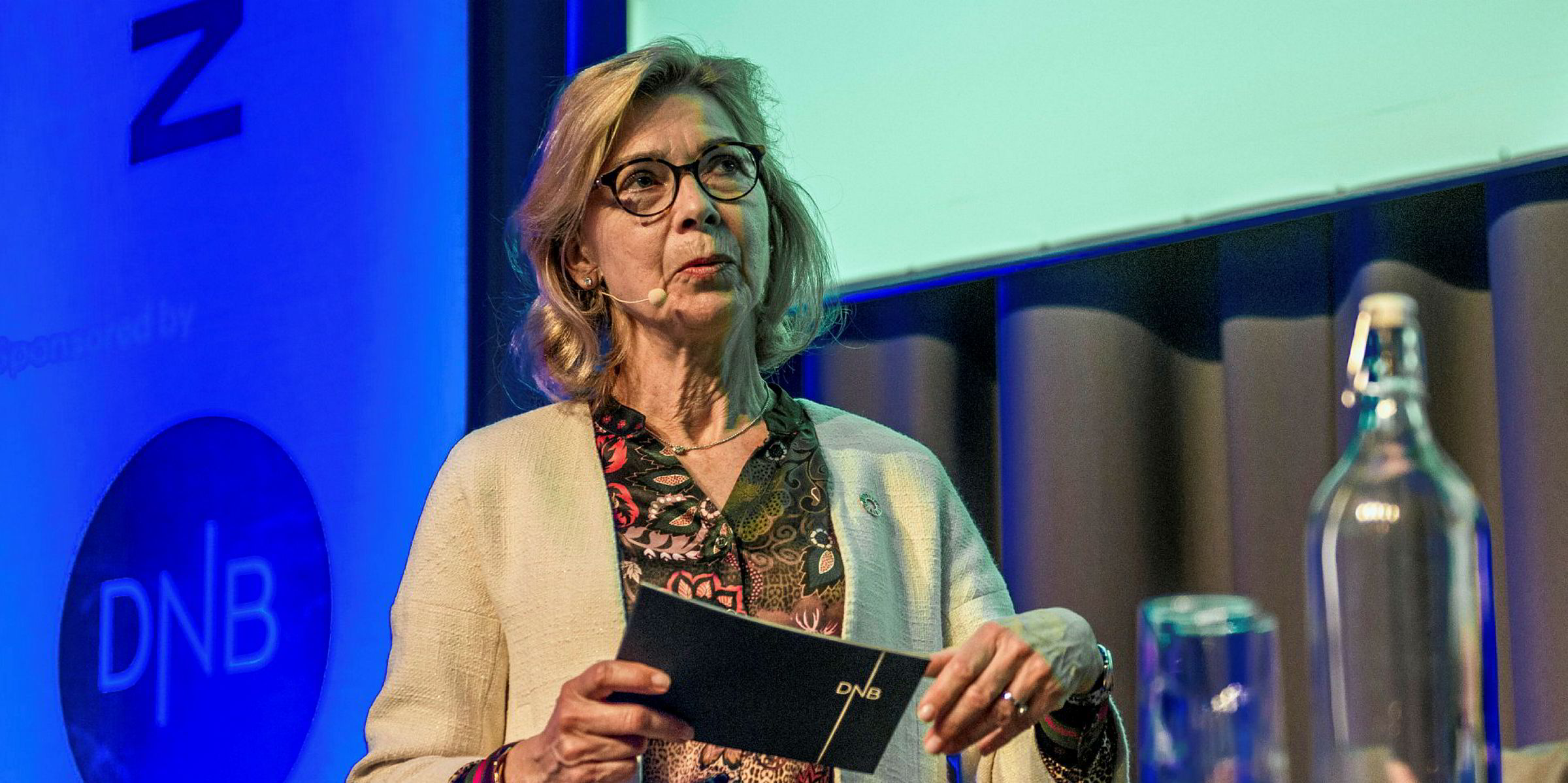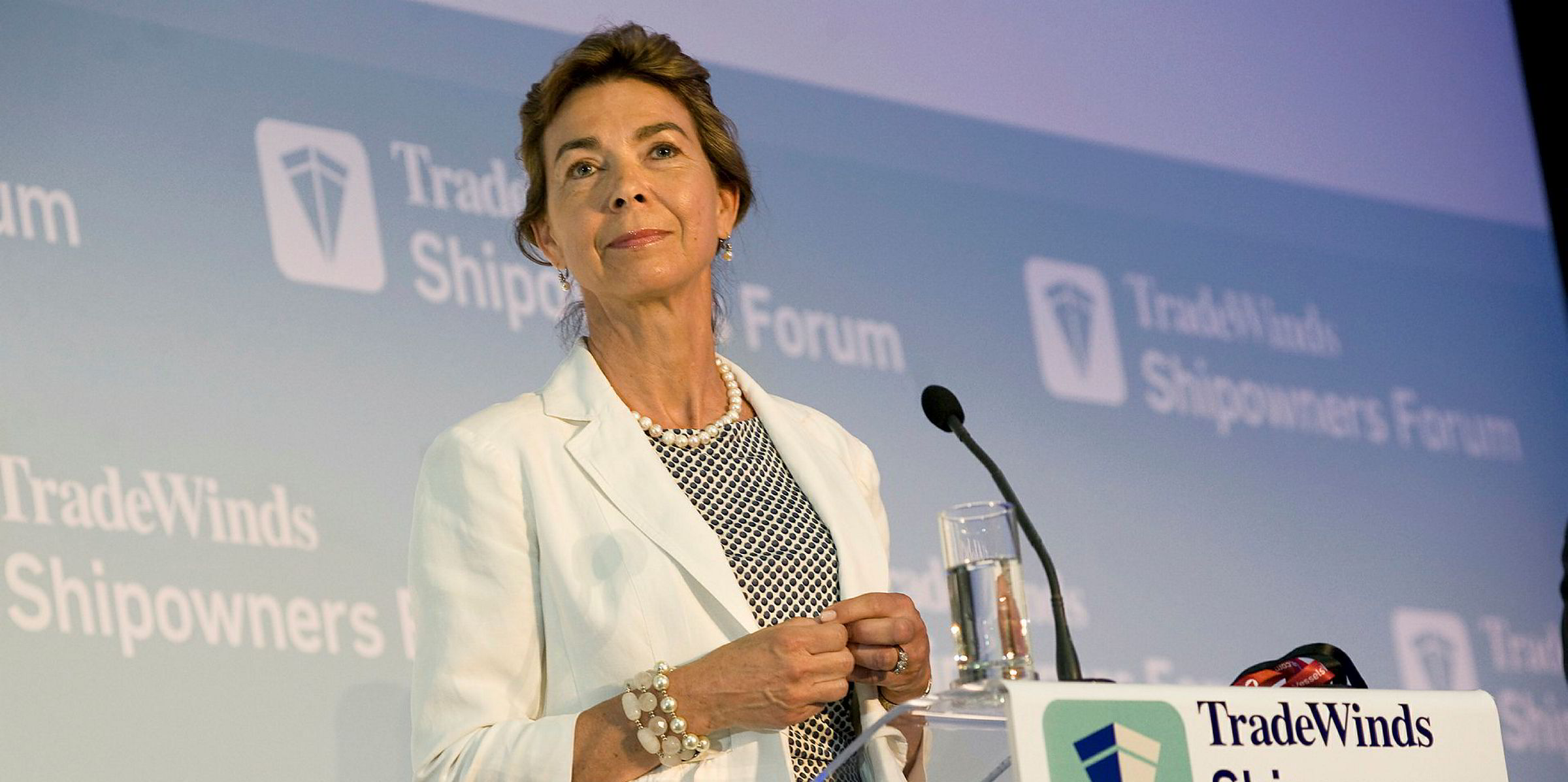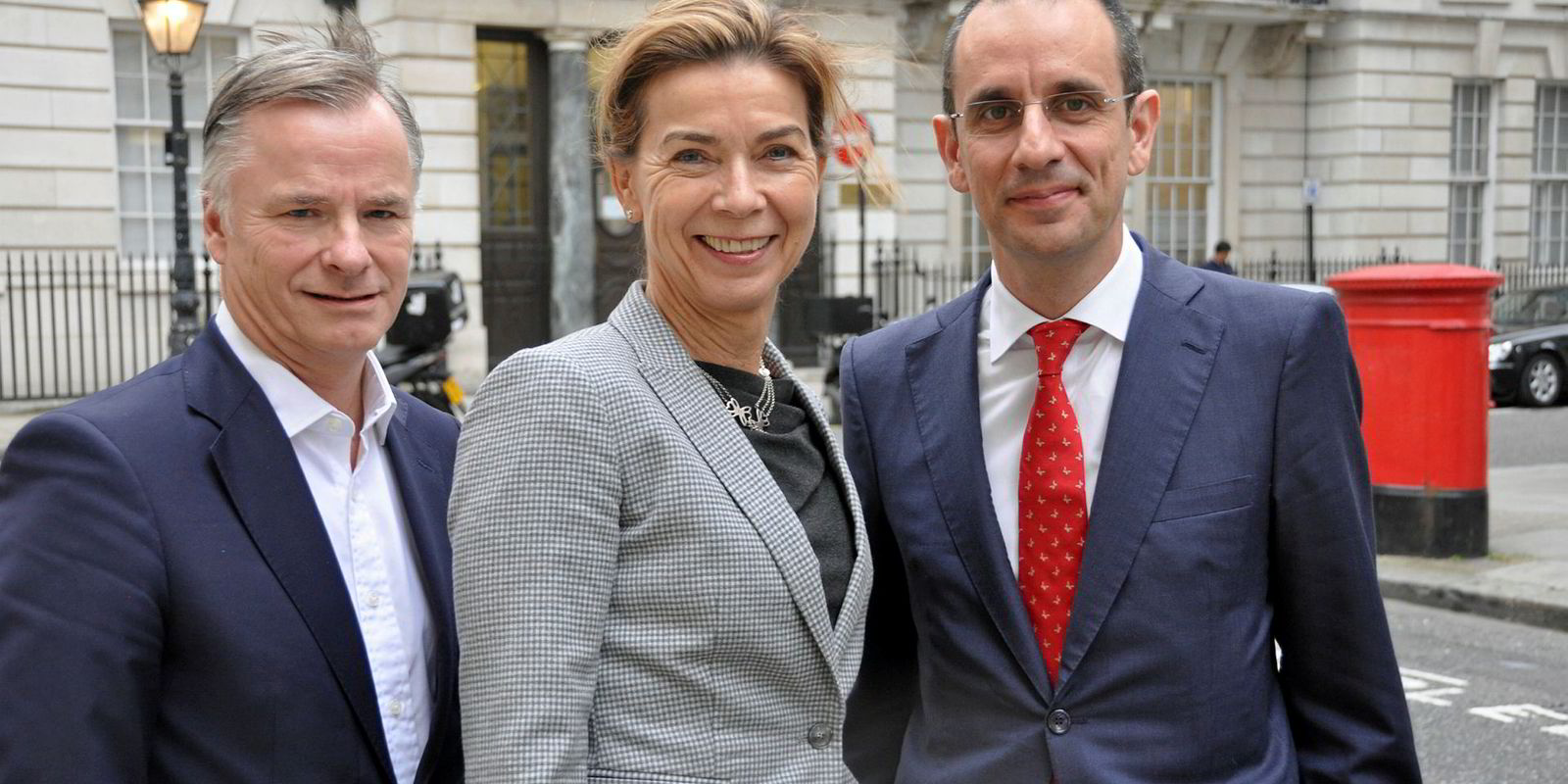Norwegian lender DNB Bank has logged higher impairments in the second quarter as the offshore vessel sector remained challenging.
Provisions were NOK 450m ($52.57m) to 30 June, against a reversal of NOK 54m a year ago.
These "primarily related to a negative development for individually assessed customers in stage three", the final stage of its distressed loan process, it said.
There were net reversals of NOK 54m for the overall oil, gas and offshore segment in the quarter due to a "modest improvement."
But these were "somewhat curtailed" by increased impairment losses on individually assessed customers in stage three within offshore.
This is in line with previous quarters, where the overall market trend is slightly positive, while challenges still remain for certain customers, it said.
DNB added: "The small and medium-sized enterprises segment experienced somewhat higher impairment losses than the large corporates and international customers segment and the personal customers segment, but the losses were still at a low level. "
Shipping sees reversals
Conventional shipping experienced net reversals of NOK 5m in the quarter.
Boxships and bulkers encountered a negative macro development while tankers and gas carriers trended positively, with the net result being a low level of impairment losses, the bank said.
Net profit was NOK 5.93bn, versus NOK 5.8bn in 2018, while net interest income rose to NOK 9.74bn from NOK 9.19bn.
The shipping book value stood at NOK 52.11bn at the end of June, with NOK 372m of this in stage three.
This is down from NOK 52.86bn at the end of the first quarter, but from NOK 61.12bn a year ago.
Planned reduction
In May, DNB's global head of ocean industries Kristin Holth told TradeWinds regarding the shipping loan reduction: "It's a planned process to revamp and rebalance the portfolio at a lower level.
"This gives us more time to work with each client on a broader scope."
The reduction has been achieved through not becoming involved in refinancing or finding other sources of finance to help the client, Holth said.
Also, some companies have sold assets so their loans have been reduced.
"In some distressed cases we have sold, but it is never the first option. It is better to work with a client and find solutions," Holth added.
In June, CFO Kjerstin Braathen was appointed new group chief executive of DNB after Rune Bjerke said he would resign on 1 September.






